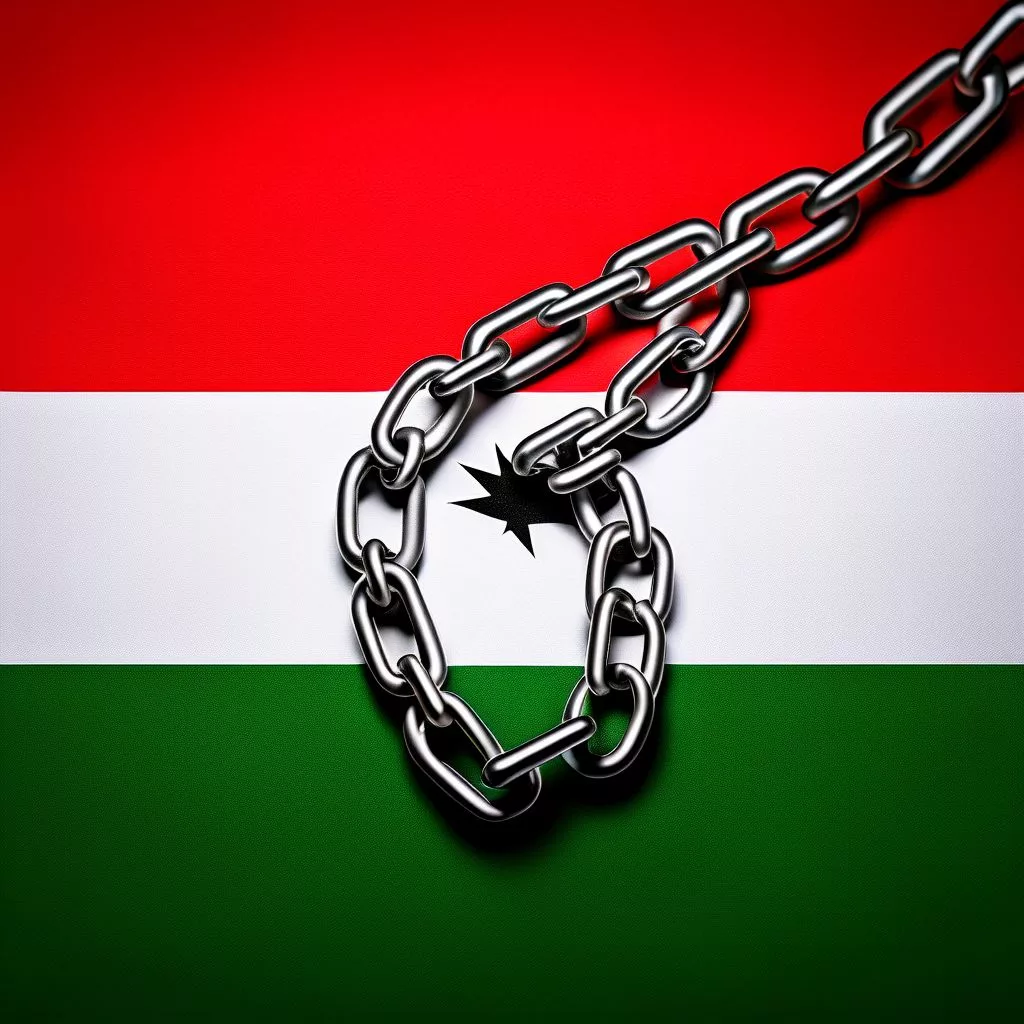Ernst Roets has decided to leave the Solidarity Movement and AfriForum after twenty years of work. He wants to explore new opportunities and make a positive impact in his community. His departure comes at a challenging time for AfriForum, which has faced criticism over its views on land reform and misinformation. Roets has been a key voice in South Africa’s discussions on rights and identity, and while his next steps are unknown, his influence will continue to shape the country’s political landscape.
What prompted Ernst Roets to resign from the Solidarity Movement and AfriForum?
Ernst Roets resigned after two decades to pursue new opportunities and effect meaningful change within his community. His departure coincides with ongoing challenges at AfriForum, including criticisms over misinformation and land reform debates, marking a significant shift in South Africa’s socio-political landscape.
A Noteworthy Departure
Ernst Roets, a significant contributor to South African civil society, recently made the surprising decision to resign from the Solidarity Movement and AfriForum, bringing an end to his two-decade-long tenure. Roets, who played crucial roles such as head of policy at the Solidarity Movement and deputy CEO of AfriForum, is stepping down to pursue new paths outside the organization. His exit closes a vital chapter in his career, during which he significantly influenced discussions on socio-political matters in South Africa.
His involvement with AfriForum dates back to its formation, and his rapid ascent within the organization was driven by his strategic acumen and persuasive speaking abilities. As CEO for Strategy and International Relations, Roets passionately advocated for the rights of minority communities in South Africa, a commitment that extended beyond his official roles into his writing. His 2018 book, “Kill The Boer,” sparked intense debates by arguing that political rhetoric and certain government policies exacerbated farm attacks. Particularly controversial was his claim that the singing of certain struggle songs incited violence, a view that provoked passionate discussions nationwide.
Roets’ resignation occurs at a tumultuous time for AfriForum, which faces criticism for allegedly spreading misinformation to influence U.S. policy regarding South Africa. Accusations suggest the organization endangered national security through its stance on the Expropriation Act, a contention that highlights the broader societal tensions over land reform and historical reparations in South Africa. Despite these challenges, Roets is eager to engage in societal dialogue from a new perspective.
Reflections and Future Aspirations
In an emotional message on social media, Roets expressed his deep gratitude for the relationships and experiences he gained through his work with Solidarity and AfriForum. He acknowledged the steadfast support of his family and friends and conveyed optimism about the future. Roets emphasized that his decision to leave was motivated by a desire to more fully pursue his calling and effect meaningful change within his community.
Throughout his career, Roets garnered both admiration and criticism. Some praised his unwavering advocacy, while others challenged his outspoken views. His ability to rally support and stimulate public debate underscores his significant presence in South Africa’s socio-political sphere. However, his departure prompts questions about the future directions of Solidarity and AfriForum, as they navigate the intricate landscape of South African politics without one of their foremost figures.
The Solidarity Movement, originally centered on workers’ rights, has expanded its mission over the years to address various socio-economic issues. In contrast, AfriForum has positioned itself as a defender of Afrikaner culture and language, frequently clashing with the government over its more conservative positions. Roets played a pivotal role in these organizations, particularly in his efforts to internationalize their causes and garner global support for local challenges.
Navigating Complex Historical Landscapes
Roets’ decision to step down after such a lengthy tenure reflects both personal introspection and a desire for growth. It also mirrors a broader trend where leaders of advocacy groups reassess their roles amid rapidly evolving political climates. As South Africa continues to confront its complex apartheid legacy and its ongoing quest for equality, figures like Roets are crucial in shaping public discourse.
Modern South African politics are deeply intertwined with historical narratives, and individuals like Roets have worked to navigate these challenging waters. By engaging with historical and cultural dynamics, they attempt to steer current policy debates, a process that often results in contentious exchanges. Roets’ work, especially through his writing and public speaking, demonstrates an acute awareness of these dynamics and a commitment to amplifying diverse voices in the national conversation.
As Roets embarks on his new journey, the impact of his past efforts will likely continue to reverberate. His career exemplifies the intersection of advocacy, politics, and cultural identity, offering insights into the complexities facing post-apartheid South Africa. While his next steps remain uncertain, Roets’ influence on the country’s socio-political landscape is undeniable, leaving a lasting impression on both supporters and critics.
The Continuing Dialogue on Identity and Rights
In summary, Ernst Roets’ departure from the Solidarity Movement and AfriForum marks a significant moment, not just for the organizations he leaves behind but also for the broader socio-political narrative in South Africa. As he transitions to new opportunities, Roets continues to be a central figure in the ongoing dialogue about identity, rights, and justice in the nation. His work embodies both the challenges and possibilities inherent in advocacy and leadership, setting the stage for future discussions in South Africa’s complex socio-political arena.
“`markdown
FAQ about Ernst Roets’ Departure
Why did Ernst Roets resign from the Solidarity Movement and AfriForum?
Ernst Roets resigned after two decades to pursue new opportunities and effect meaningful change within his community. His departure coincides with ongoing challenges at AfriForum, including criticisms over misinformation and land reform debates.
What roles did Ernst Roets hold during his time at AfriForum and the Solidarity Movement?
Ernst Roets served as head of policy at the Solidarity Movement and deputy CEO of AfriForum. He played a significant role in advocating for the rights of minority communities and was involved in shaping key policy discussions within these organizations.
What impact has Ernst Roets had on South African socio-political discussions?
Roets has been a key voice in South Africa’s discussions on rights and identity. His advocacy work and writings, particularly his book “Kill The Boer,” sparked national debates on issues such as farm attacks and the rhetoric surrounding them, influencing public and political discourse.
How did Roets’ departure affect AfriForum as an organization?
Roets’ resignation comes at a challenging time for AfriForum, which faces criticism for allegedly spreading misinformation and concerns regarding its stance on land reform. His departure raises questions about the organization’s future direction and leadership as it navigates a complex political landscape.
What is Ernst Roets’ vision for the future after leaving AfriForum?
While Roets’ next steps remain uncertain, he has expressed a desire to engage in societal dialogue from a new perspective and effect meaningful change within his community. He aims to continue influencing discussions about identity, rights, and justice in South Africa.
How has Roets’ tenure at AfriForum and the Solidarity Movement shaped contemporary South African politics?
Roets’ work embodies the intersection of advocacy, politics, and cultural identity. His efforts to internationalize causes and amplify diverse voices have contributed to shaping public discourse, particularly regarding South Africa’s complex apartheid legacy and ongoing quest for equality.
“`












